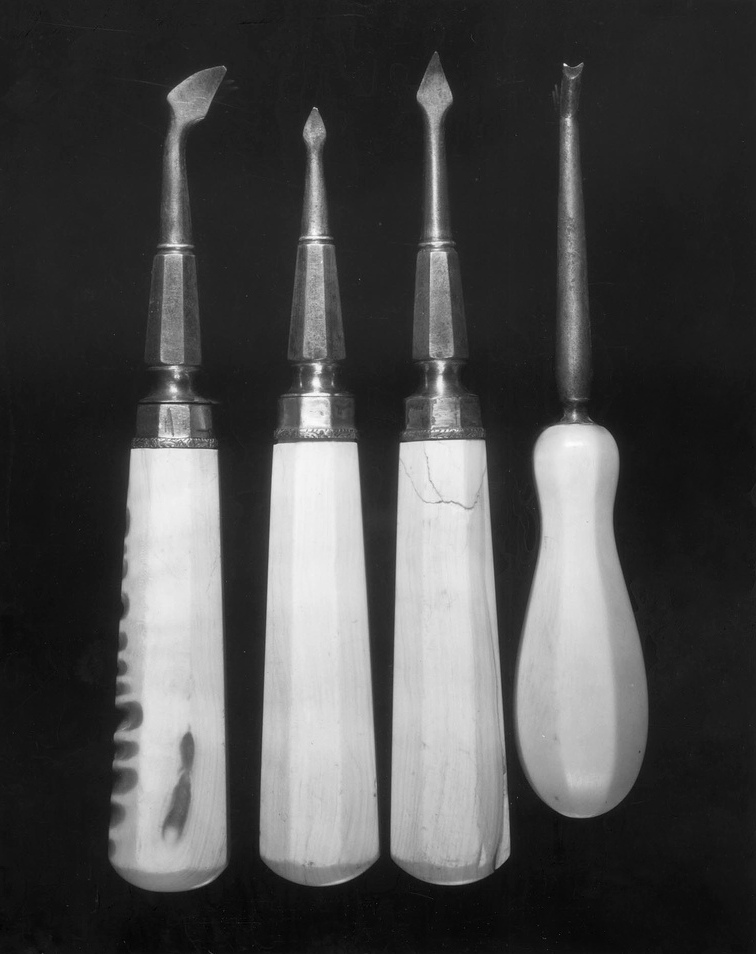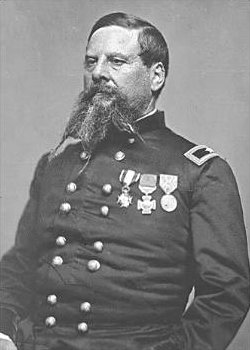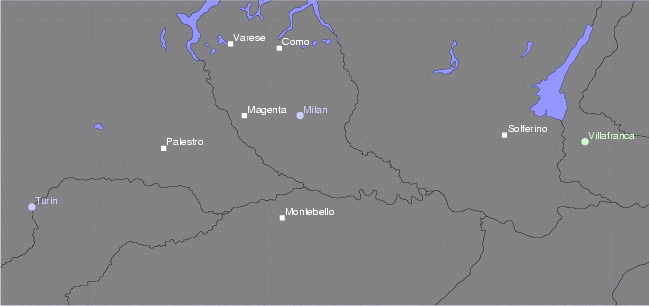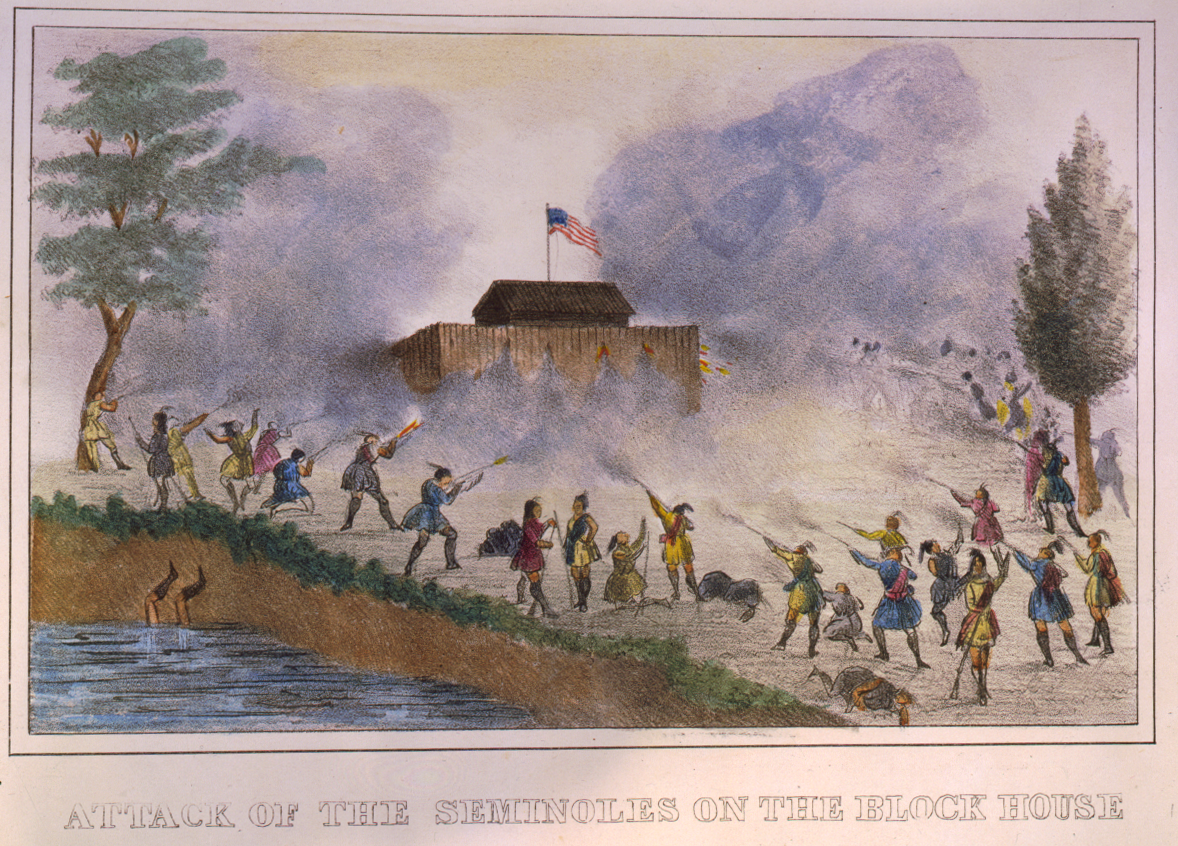|
Joseph Warren Revere (general)
Joseph Warren Revere (May 17, 1812 – April 20, 1880) was a career United States Navy and Army officer. He was the grandson of American revolutionary figure Paul Revere. He was an amateur artist and autobiographer, publishing two novels: ''A Tour of Duty in California'' (1849) and ''Keel and Saddle'' (1872)''.'' Both novels include memoirs of his experience traveling in the military. He was involved in the African Slave Trade Patrol, the Second Seminole War, the Mexican-American War, and the Civil War. He was heavily involved in the 1845-1846 Conquest of California, wherein American troops invaded Alta California. After the Mexican-American War, he created a plantation in Rancho San Geronimo, enslaving Coast Miwok Natives. He later sold the property to his military friend Rodman Price. During the American Civil War, Revere was a Union Brigadier General who was court-martialed after the 1863 Battle of Chancellorsville. Revere challenged the court-martial and published ... [...More Info...] [...Related Items...] OR: [Wikipedia] [Google] [Baidu] |
Boston
Boston (), officially the City of Boston, is the state capital and most populous city of the Commonwealth of Massachusetts, as well as the cultural and financial center of the New England region of the United States. It is the 24th- most populous city in the country. The city boundaries encompass an area of about and a population of 675,647 as of 2020. It is the seat of Suffolk County (although the county government was disbanded on July 1, 1999). The city is the economic and cultural anchor of a substantially larger metropolitan area known as Greater Boston, a metropolitan statistical area (MSA) home to a census-estimated 4.8 million people in 2016 and ranking as the tenth-largest MSA in the country. A broader combined statistical area (CSA), generally corresponding to the commuting area and including Providence, Rhode Island, is home to approximately 8.2 million people, making it the sixth most populous in the United States. Boston is one of the oldest ... [...More Info...] [...Related Items...] OR: [Wikipedia] [Google] [Baidu] |
Major General (United States)
In the United States Armed Forces, a major general is a two-star general officer in the United States Army, Marine Corps, Air Force, and Space Force. A major general ranks above a brigadier general and below a lieutenant general. The pay grade of major general is O-8. It is equivalent to the rank of rear admiral in the other United States uniformed services which use naval ranks. It is abbreviated as MG in the Army, MajGen in the Marine Corps, and in the Air Force and Space Force. Major general is the highest permanent peacetime rank in the uniformed services as higher ranks are technically temporary and linked to specific positions, although virtually all officers promoted to those ranks are approved to retire at their highest earned rank. A major general typically commands division-sized units of 10,000 to 15,000 soldiers. The Civil Air Patrol also uses the rank of major general, which is its highest rank and is held only by its national commander. Statutory limits ... [...More Info...] [...Related Items...] OR: [Wikipedia] [Google] [Baidu] |
Paul Revere
Paul Revere (; December 21, 1734 O.S. (January 1, 1735 N.S.)May 10, 1818) was an American silversmith, engraver, early industrialist, Sons of Liberty member, and Patriot and Founding Father. He is best known for his midnight ride to alert the colonial militia in April 1775 to the approach of British forces before the battles of Lexington and Concord, as dramatized in Henry Wadsworth Longfellow's 1861 poem, "Paul Revere's Ride". At age 41, Revere was a prosperous, established and prominent Boston silversmith. He had helped organize an intelligence and alarm system to keep watch on the British military. Revere later served as a Massachusetts militia officer, though his service ended after the Penobscot Expedition, one of the most disastrous campaigns of the American Revolutionary War, for which he was absolved of blame. Following the war, Revere returned to his silversmith trade. He used the profits from his expanding business to finance his work in iron casting, bronze ... [...More Info...] [...Related Items...] OR: [Wikipedia] [Google] [Baidu] |
American Revolutionary War
The American Revolutionary War (April 19, 1775 – September 3, 1783), also known as the Revolutionary War or American War of Independence, was a major war of the American Revolution. Widely considered as the war that secured the independence of the United States, fighting began on April 19, 1775, followed by the Lee Resolution on July 2, 1776, and the Declaration of Independence on July 4, 1776. The American Patriots were supported by the Kingdom of France and, to a lesser extent, the Dutch Republic and the Spanish Empire, in a conflict taking place in North America, the Caribbean, and the Atlantic Ocean. Established by royal charter in the 17th and 18th centuries, the American colonies were largely autonomous in domestic affairs and commercially prosperous, trading with Britain and its Caribbean colonies, as well as other European powers via their Caribbean entrepôts. After British victory over the French in the Seven Years' War in 1763, tensions between the motherland and he ... [...More Info...] [...Related Items...] OR: [Wikipedia] [Google] [Baidu] |
Augustus Lefebvre Revere
Augustus Lefebvre Revere was an American financier, banker, stock broker, and civic leader from Morristown, New Jersey. He was a member of the Morristown Club, the Morristown Golf Club, the Morristown Field Club, and the Washington Association of New Jersey, the Society of Colonial Wars, and the Memorial Day Association. He was the son of Joseph Warren Revere, and the great-grandson and "last urvivingdirect descendant" of Revolutionary War figure Paul Revere. Personal life Augustus Lefebvre Revere was born on August 8, 1861 (some sources say 1858) in Morristown, New Jersey. His parents were Rosanna Duncan Lamb Revere and General Joseph Warren Revere. Revere never married. Career and civic engagement Circa 1911, he was the local manager of New York stock and bond brokers Taylor, Auchincloss & Joost, presumably in Paterson, New Jersey. In 1891, Augustus Revere and his brother Paul Revere joined the Washington Association of New Jersey. Circa 1897, they were non-reside ... [...More Info...] [...Related Items...] OR: [Wikipedia] [Google] [Baidu] |
Paul Revere (writer)
Paul Revere (September 28, 1856 – November 10, 1901) was a lawyer, writer, public speaker, and civic member of Morristown, New Jersey. He was the great-grandson of American revolutionary figure Paul Revere, and his father was Navy officer and Union general Joseph Warren Revere. In 1891, Revere became the founding chairman and president of the All Soul's Hospital Association, a Catholic hospital chain. In 1889, Revere was among the founders of the Sons of the American Revolution, later becoming its state treasurer and national Vice-President General. Circa 1898, he was the president of the Morristown Improvement Association. Revere's other memberships included the Sons of Union Veterans of the Civil War; Washington Association of New Jersey; the Aztec Club of 1847's hereditary society; and the New York branch of a Reform Club. He served as president of the Morris County Golf Club, and Morris County Gun Club. Early life On September 28, 1856, Paul Revere was born in Mo ... [...More Info...] [...Related Items...] OR: [Wikipedia] [Google] [Baidu] |
Order Of Isabella The Catholic
The Order of Isabella the Catholic ( es, Orden de Isabel la Católica) is a Spanish civil order and honor granted to persons and institutions in recognition of extraordinary services to the homeland or the promotion of international relations and cooperation with other nations. The Order is open not only to Spaniards; it has been granted to many foreigners. The Order was created 1815 by King Ferdinand VII in honor of Queen Isabella I as the ''Real y Americana Orden de Isabel la Católica'' ("Royal and American Order of Isabella the Catholic") with the intent of "rewarding the firm allegiance to Spain and the merits of Spanish citizens and foreigners in good standing with the Nation and especially in those exceptional services provided in pursuit of territories in America and overseas." The Order was reorganized by royal decree on 26 July 1847, with the name "Royal Order of Isabella the Catholic", reflecting the loss of the mainland possessions in the Americas after the Spanish A ... [...More Info...] [...Related Items...] OR: [Wikipedia] [Google] [Baidu] |
American Civil War
The American Civil War (April 12, 1861 – May 26, 1865; also known by other names) was a civil war in the United States. It was fought between the Union ("the North") and the Confederacy ("the South"), the latter formed by states that had seceded. The central cause of the war was the dispute over whether slavery would be permitted to expand into the western territories, leading to more slave states, or be prevented from doing so, which was widely believed would place slavery on a course of ultimate extinction. Decades of political controversy over slavery were brought to a head by the victory in the 1860 U.S. presidential election of Abraham Lincoln, who opposed slavery's expansion into the west. An initial seven southern slave states responded to Lincoln's victory by seceding from the United States and, in 1861, forming the Confederacy. The Confederacy seized U.S. forts and other federal assets within their borders. Led by Confederate President Jefferson Davis, ... [...More Info...] [...Related Items...] OR: [Wikipedia] [Google] [Baidu] |
Second Italian War Of Independence
The Second Italian War of Independence, also called the Franco-Austrian War, the Austro-Sardinian War or Italian War of 1859 ( it, Seconda guerra d'indipendenza italiana; french: Campagne d'Italie), was fought by the Second French Empire and the Savoyard Kingdom of Sardinia against the Austrian Empire in 1859 and played a crucial part in the process of Italian Unification. A year prior to the war, in the Plombières Agreement, France agreed to support Sardinia's efforts to expel Austria from Italy in return for territorial compensation in the form of the Duchy of Savoy and the County of Nice. The two states signed a military alliance in January 1859. Sardinia mobilised its army on 9 March 1859, and Austria mobilized on 9 April. On 23 April, Austria delivered an ultimatum to Sardinia demanding its demobilization. Upon Sardinia's refusal, the war began on 26 April. Austria invaded Sardinia three days later, and France declared war on Austria on 3 May. The Austrian invasion wa ... [...More Info...] [...Related Items...] OR: [Wikipedia] [Google] [Baidu] |
Indian Rebellion Of 1857
The Indian Rebellion of 1857 was a major uprising in India in 1857–58 against the rule of the British East India Company, which functioned as a sovereign power on behalf of the British Crown. The rebellion began on 10 May 1857 in the form of a mutiny of sepoys of the Company's army in the garrison town of Meerut, northeast of Delhi. It then erupted into other mutinies and civilian rebellions chiefly in the upper Gangetic plain and central India, though incidents of revolt also occurred farther north and east. The rebellion posed a considerable threat to British power in that region, and was contained only with the rebels' defeat in Gwalior on 20 June 1858., , and On 1 November 1858, the British granted amnesty to all rebels not involved in murder, though they did not declare the hostilities to have formally ended until 8 July 1859. Its name is contested, and it is variously described as the Sepoy Mutiny, the Indian Mutiny, the Great Rebellion, the Revolt of 1857, ... [...More Info...] [...Related Items...] OR: [Wikipedia] [Google] [Baidu] |
Mexican–American War
The Mexican–American War, also known in the United States as the Mexican War and in Mexico as the (''United States intervention in Mexico''), was an armed conflict between the United States and Mexico from 1846 to 1848. It followed the 1845 American annexation of Texas, which Mexico still considered its territory. Mexico refused to recognize the Velasco treaty, because it was signed by President Antonio López de Santa Anna while he was captured by the Texan Army during the 1836 Texas Revolution. The Republic of Texas was ''de facto'' an independent country, but most of its Anglo-American citizens wanted to be annexed by the United States. Sectional politics over slavery in the United States were preventing annexation because Texas would have been admitted as a slave state, upsetting the balance of power between Northern free states and Southern slave states. In the 1844 United States presidential election, Democrat James K. Polk was elected on a platform of expand ... [...More Info...] [...Related Items...] OR: [Wikipedia] [Google] [Baidu] |
Second Seminole War
The Second Seminole War, also known as the Florida War, was a conflict from 1835 to 1842 in Florida between the United States and groups collectively known as Seminoles, consisting of Native Americans in the United States, Native Americans and Black Indians in the United States, Black Indians. It was part of a series of conflicts called the Seminole Wars. The Second Seminole War, often referred to as ''the'' Seminole War, is regarded as "the longest and most costly of the American Indian Wars, Indian conflicts of the United States". After the Treaty of Payne's Landing in 1832 that called for the Seminole's removal from Florida, tensions rose until open hostilities started with Dade battle. For the next four years, the Seminole and the U.S. forces engaged in small engagements and by 1842 only a few hundred native peoples remained in Florida. The war was declared over on August 14, 1842. Background Bands from various tribes in the southeastern United States had moved into the uno ... [...More Info...] [...Related Items...] OR: [Wikipedia] [Google] [Baidu] |






